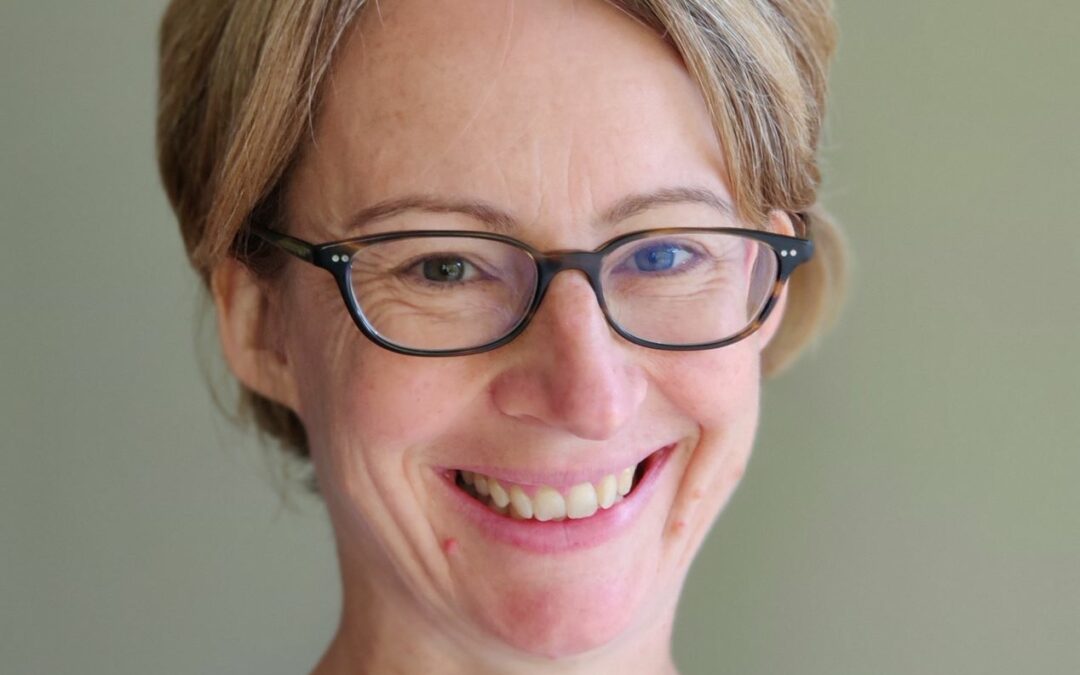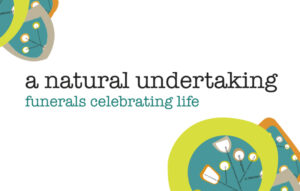As a palliative care doctor my life is spent working with an amazing team as we care for people at the far extreme of their lives, people adjusting to life altering news not just for themselves but also for the people they love, care for and want to protect from harm.
Friends, family and non-palliative care medical colleagues often ask how I protect myself psychologically from the awfulness of dying, the sadness, the burden of being present and alongside people navigating this challenging part of their lives which often involves physical, psychological and spiritual suffering.
I have learnt that I am not the bad news, I am not impending death, I am not snatching them from their family and causing the pain. That is out of my control. I know that evidence shows that careful symptom control, and to my mind, kindness, often helps people live longer. Our patients and their families tell us how we can make an unbearable time more bearable and I see people adjusting and taking control of the time they have to continue to find joy and meaning in their finite lives.
I am also grateful to be able to share my knowledge and give informal support when asked to neighbours, friend’s friends of friends and extended family members as they navigate the last phase of the lives of people they love.
This has included reassuring a friend whose elderly father has dementia that it is OK to have a conversation about what care would suit him as his illness progresses, that they are not wishing him dead by seeking information to help support him at home with the people who want to care for him. Rather that this is a sign of a caring family. Another example is talking through options with a friend whose mother-in-law is having anti-cancer treatment, empowering her to ask the important questions about how long her relation has to live and if she can go home from hospital to die. This will help the family to make plans, to ask for good symptom control in order to maximise quality of life and not to wait until the dreaded ‘there is nothing more we can do’. There is always more that can be done – more care, more comfort, more kindness.
I believe it’s time for more clinicians to share this powerful knowledge It shouldn’t be secret or special and doesn’t belong just in our hands. Clinicians who are comfortable talking about death and dying have so much to offer this conversation and so much to gain from our communities as they channel their compassion and realise the value of everyone being able to ask for the care they deserve at the end of life.
How do we start? We can’t all write bestselling books, have an influential column in a broadsheet, write a letter to a dead popstar which captures the media’s attention or be super-perceptive and wise on Twitter (Sharon Hudson, my personal hero on Twitter and in real life, is awesome: see @Shazzahudson).
We can all start small, though, with everyday conversations, activists in our own ways. My starting point was asking a friend to help run my first low-key Death Café in a public space People came and I quickly realised that I wasn’t there to give information and that our guests would find their own way, reflecting on their choices, fears and wishes as they choose to live well until they die. This is a world away from the stark media narrative of uncontrolled suffering.
Joining a group like BrumYODO helped me expand my horizons, meet artists who weave the extremes of life into their creative work, get pretty nifty with social media and get to know some frankly awesome people who seek to grow the compassion & connectivity in our diverse city.
This has ranged from interviewing the incredible palliative care doctor turned author Kathryn Mannix on stage at the iconic Birmingham Literature festival to being part of after show panel discussions with the director of the deeply personal film Eat Your Catfish which is a son’s record of his mother’s intense life in the later stages of motor neurone disease; being part of the organising team bringing Luke Jerram’s spectacular artwork In Memoriam to Birmingham which offered a site for collective and individual remembrance post-Covid.
When I adopted Birmingham as my home city 20 years ago, I was looking for somewhere with a diverse community where my growing dual heritage family would be welcome, with culture to stimulate my brain, activities to interest curious minds and friendly people. On all levels Birmingham has delivered and I am glad to be able to play my small part giving back to our compassionate city.





